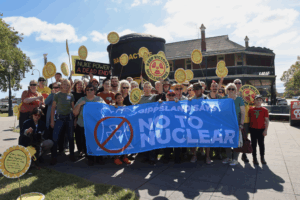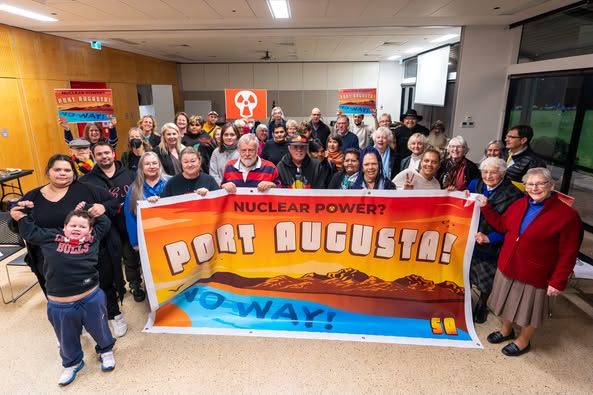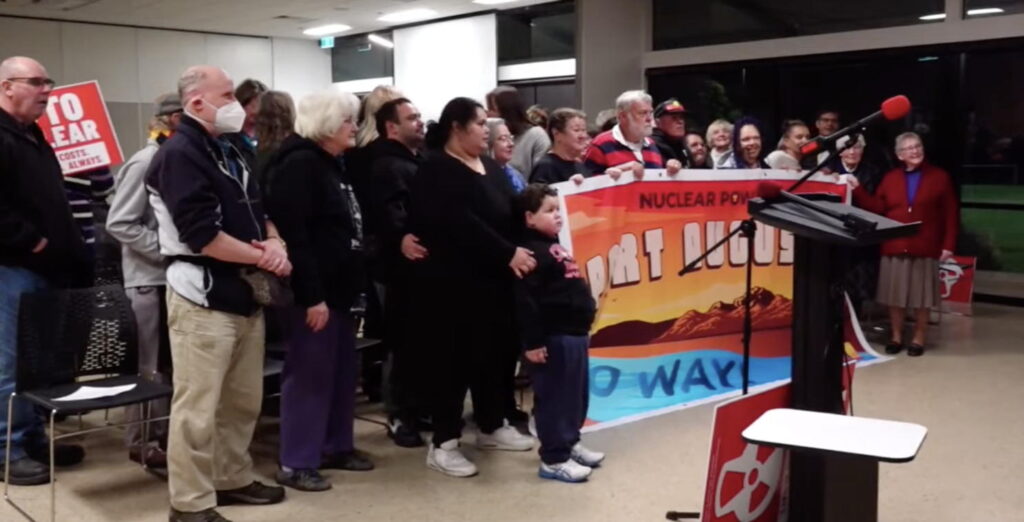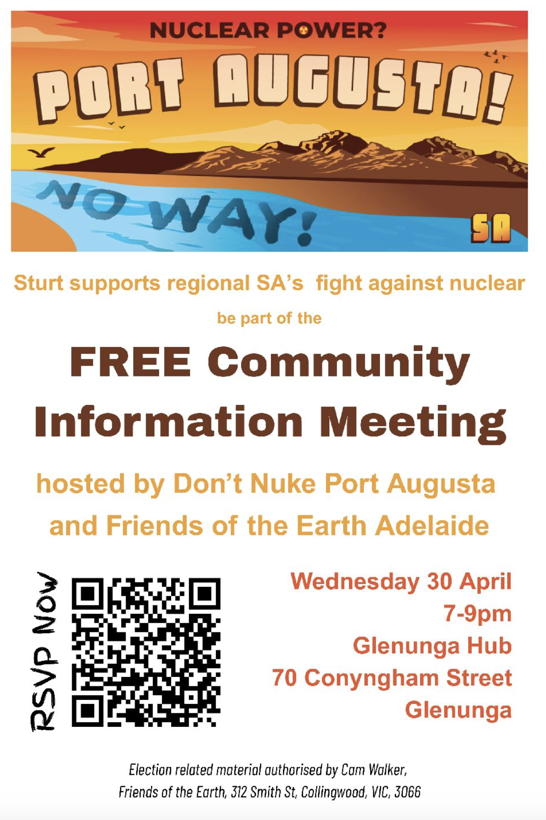 In this federal election, Australians were offered a clear choice between competent governance and social inclusion or divisive politics.
In this federal election, Australians were offered a clear choice between competent governance and social inclusion or divisive politics.
They decisively chose the former.
While this election was ostensibly focused on cost of living pressures, it was, in many ways, about the very spirit of the country. Trump-influenced right-wing populism was hardwired into the Coalition’s platform. Leader Peter Dutton lifted tactics directly from the Trump playbook. Apart from driving division over things like Welcome to Country, the Coalition’s energy agenda was deeply regressive, focused on promoting nuclear power, coal and gas, and opposition to the renewable energy transition.
Prime Minister Albanese now has a clear mandate to get on with the job with the shift to renewable energy. This is not a piecemeal task – it is a huge opportunity that needs more ambition.
Even far-right Liberal MP James Patterson admitted on election night that “the Trump factor” was significant in the outcome.
As with Canada’s recent elections, the Australian people have resoundingly rejected right-wing populism.
Grievance politics has become the default setting for conservative political parties. It started with Pauline Hanson’s party in the 1990s and has become mainstream in both the Liberal and National parties. The result of the 2025 election demonstrated clearly the limits of this approach. The community voted en masse against the politics of division.
As independent Zali Steggall said on the night, ‘people want to see issues like climate change addressed’.
Friends of the Earth has been leading the way in cultivating community-led solutions to the climate crisis. From our Yes 2 Renewables and No New Gas campaign to Tipping Point and Healthy Futures, which is mobilising the community in support of the energy transition and against fossil fuels, we are well placed to ramp up our influence and ensure a rapid transition to renewables, storage, and energy efficiency and an end to fossil fuel production.
Our anti nuclear campaign – FoE’s longest running campaign – has achieved a significant win in terms of shifting the public debate away from this dangerous technology. With pro-nuclear advocate David Littleproud likely to stay on as leader of the Nationals, we will need to stay active and organised.
The Don’t Nuke the Climate initiative has welcomed the clear rejection of nuclear power by Australian voters. You can read the response here.
There is lots of significant detail in this outcome:
- Nuclear as an option for domestic energy is now dead. Australians have voted for a future that is powered by renewable energy
- The Coalition’s strategy of unleashing anti-renewables propaganda has failed. Its attempt to undermine offshore wind has instead been met with increased votes for the ALP in key seats like Gilmore.
- It is important to note that the Coalition is losing seats to the ALP and Climate Independents, not parties to their right
- Votes for The Greens remained strong
- Most of the Climate Independents were returned, many with increased margins. Other independents, like Alex Dyson, built their support, putting conservative incumbents closer to losing their seats
- Far-right parties like ‘Trumpet of Patriots’ polled very poorly
- Despite efforts by the Coalition to seize outer suburban areas, the fringes generally solidly backed the ALP. As one commentator put it last night, ‘there was no rebellion in the commuter belt’
- The shift away from the major parties continues. The base of the Coalition is now boomers, and Gen X and millennials are now the largest voting blocks. This will continue to push Australia towards progressive politics
- The power of the Murdoch press to swing elections is in continued decline – this was on full display last night as Sky After Dark commentators urged the Coalition to go (even further) to the right
 We want to acknowledge the extraordinary efforts of the seven regions that opposed the LNP’s plan to force nuclear reactors onto their communities. As FoE campaigner in the Latrobe Valley Wendy Farmer said on the night, ‘now the seven regions can focus on building a future with renewable energy, working for our communities’. Communities around the country have fought hard this election and we’d also like to give a special shoutout to local groups like Good for the Gong in the Illawarra who have been championing the case for offshore wind. These groups have been on the frontlines of a difficult fight, building the community power our movement needs to win big change.
We want to acknowledge the extraordinary efforts of the seven regions that opposed the LNP’s plan to force nuclear reactors onto their communities. As FoE campaigner in the Latrobe Valley Wendy Farmer said on the night, ‘now the seven regions can focus on building a future with renewable energy, working for our communities’. Communities around the country have fought hard this election and we’d also like to give a special shoutout to local groups like Good for the Gong in the Illawarra who have been championing the case for offshore wind. These groups have been on the frontlines of a difficult fight, building the community power our movement needs to win big change.
This is a summary from FoE Australia: https://www.foe.org.au/australia_votes_against_division





